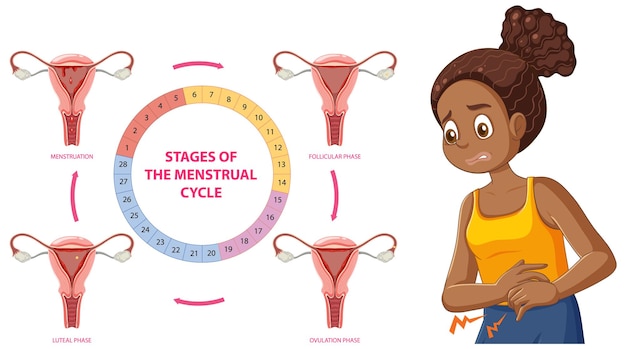FIFA is set to fund an academic study at Kingston University to investigate the potential link between the menstrual cycle and anterior cruciate ligament (ACL) injuries in women`s football. These types of injuries are notably more common among female players compared to male players.
Several high-profile women`s footballers have recently suffered ACL injuries, including Vivianne Miedema, Beth Mead, and Sam Kerr, the latter having been sidelined from the Chelsea squad for 15 months.
“We want to examine whether athletes may be more predisposed to injuries because of the functional changes in terms of their anatomy and physiology during the menstrual cycle,” explained Simon Augustus, a senior lecturer in sport biomechanics. “We know hormones fluctuate during different phases of the cycle, but we don’t yet know how much of an influence that may have on the risk of injury.”
The study`s primary objective, as part of the FIFA Research Scholarship program, is to mitigate injury risks by tailoring training regimes to individual athletes` specific needs. This year-long project is slated to commence in June. Experts from Kingston University will collaborate with football clubs in South West London, including Chelsea and Fulham. Athletes participating in the research will make regular visits to the university campus for blood tests and physical performance evaluations.
Researchers plan to analyze hormone concentrations in blood samples, focusing particularly on female hormones like estrogen and progesterone. These hormones have been associated with increased ligament laxity, which refers to joints being more flexible than usual, and a decrease in neuromuscular reaction times, the speed at which the nervous system processes a stimulus and initiates a muscle response.
The collected hormone data will be cross-referenced with the players` physical performance metrics to determine if a correlation exists between ACL injury risk factors and the stage of an athlete`s menstrual cycle. The study will also involve examining the most frequent scenarios in which athletes sustain ACL injuries.
The research initiative will be led by PhD student Blake Rivers, supported by Kingston University`s sports and exercise science experts: Simon Augustus, James Brouner, and Michelle Richards.
Augustus acknowledged, “We know some injuries are unavoidable, for example, if a player is involved in a bad tackle.” He added, “But we’re attempting to help those individuals who injure their ACL outside of impact actions – those are the ones where we might have more chance to intervene and prevent them from taking place by utilizing strength training or tweaking technique.”

